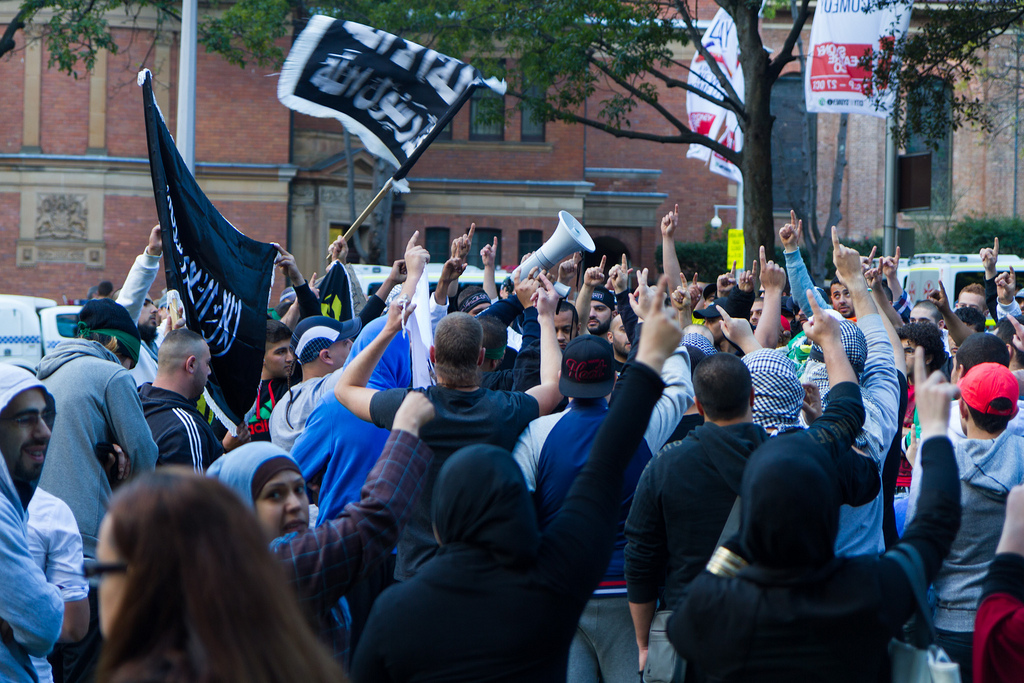Yet for all his faults and demagoguery, Trump has repeatedly emphasized a point which many of his rivals and critics are perhaps a little too eager to gloss over—namely that in many instances, a would-be terrorist’s family, friends or religious advisors know that their loved one is heading down a dark path, but fail to report it.
Trump’s insinuation, of course, is that friends and family fail to contact law enforcement because they are, themselves, sympathetic to ISIS or al-Qaeda and want to see terror plots succeed. And certainly, there are instances of this: The San Bernardino attacks were carried out by a husband and wife, the Paris attacks by two brothers and a couple they were friends with, the Boston Marathon bombings by the Tsarnaev brothers. Often people travel to ISIS territory with their lovers, siblings, or best friends, and typically people are brought into the orbit of ISIS by someone they know who has previously committed to the group.
Nonetheless, according to the New America Foundation’s records, 84 percent of disrupted jihadist plots were foiled as a result of someone “seeing something and saying something.” (28 percent of the time information was volunteered by concerned family, friends, other community members; 47 percent of the time intelligence was provided by a paid informant; in 9 percent of cases authorities were given a tip by a stranger who observed suspicious activity.) For comparison, only 42 percent of non-jihadist terror plots are disrupted by this kind of reporting. This means the social networks of Islamic extremists are more cooperative with authorities than those of non-Muslim extremists—about twice as cooperative, in fact.
However, these statistics just reflect the 330 Muslims (and 182 non-Muslims) who have been indicted over the last 15 years for supporting terrorism. There are thousands of other ISIS sympathizers within the United States—and law enforcement agencies are hungry for more fine-grained information to determine which of these are most likely to act on their convictions (or are actively plotting attacks). In order to close this intelligence gap, it is critical to understand why family, friends and associates who may be deeply concerned about a loved one’s trajectory are often also reluctant or unwilling to cooperate with authorities.

